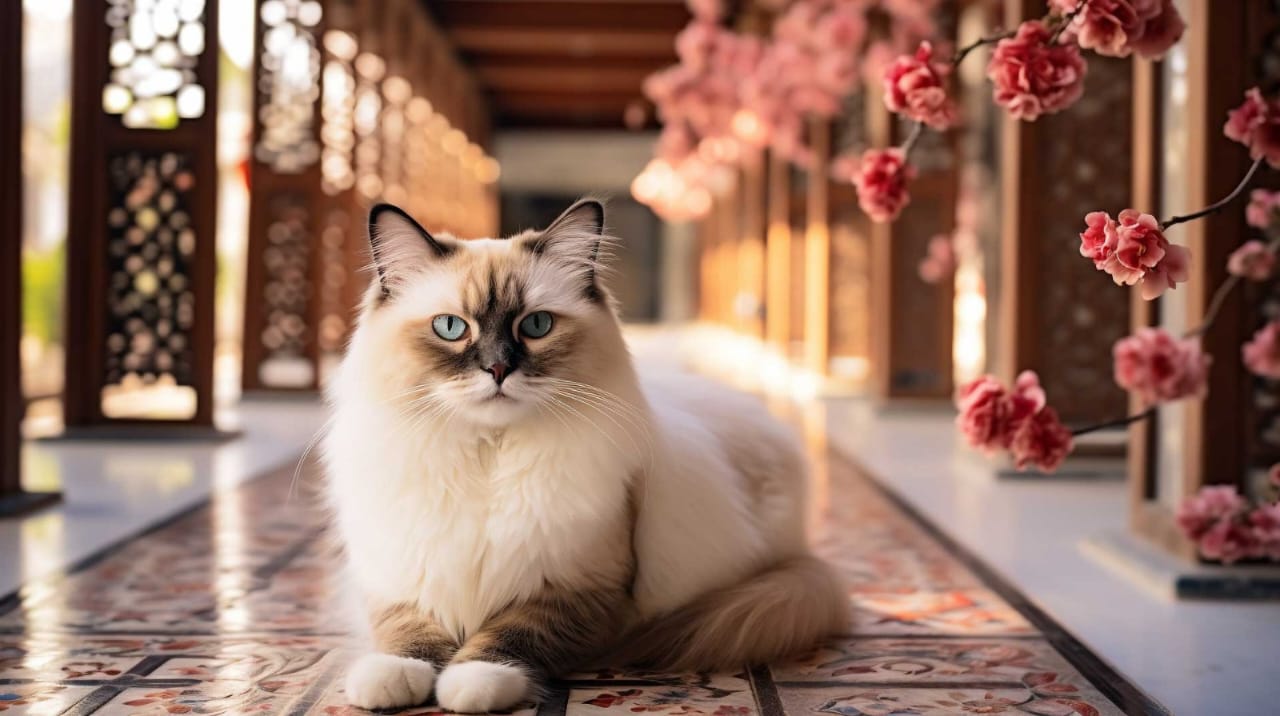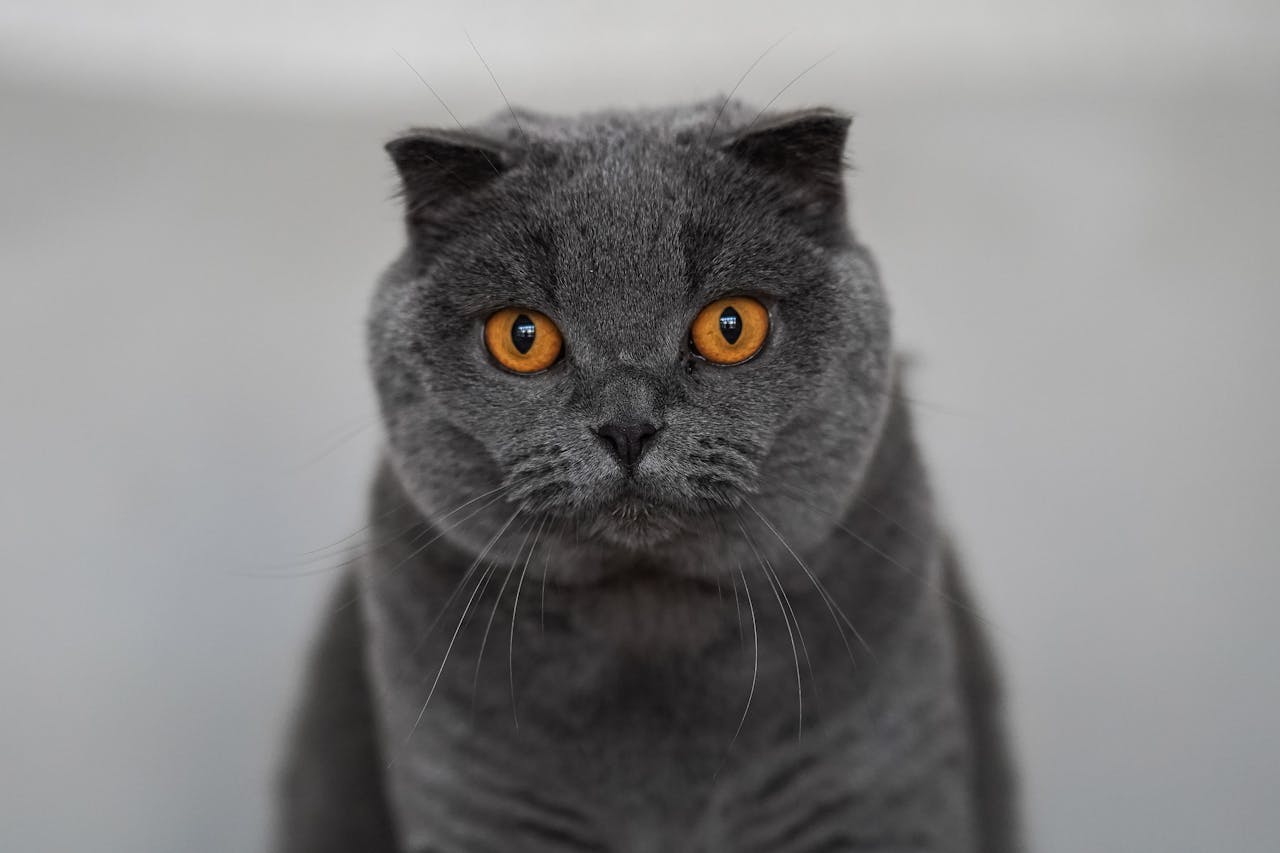Abyssinian cats, often called the “clowns of the cat world,” are one of the oldest and most fascinating domestic breeds. With their ticked coats, athletic build, and endlessly curious nature, they are energetic companions that bring joy and liveliness to any home.
If you’re looking for a playful, intelligent, and affectionate feline, the Abyssinian might be the perfect match.
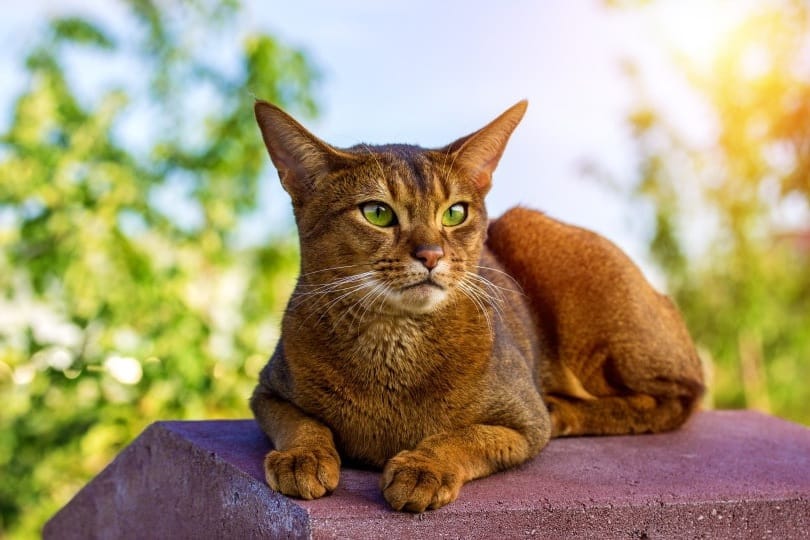
Table of Contents
Introduction
Abyssinian cats are among the most active and interactive cat breeds, admired for their elegant appearance and vibrant personalities. Recognized by their short, ticked coats that resemble wild cats, Abyssinians are adventurous, loyal, and full of life.
These cats thrive in stimulating environments where they can climb, play, and explore. In this guide, we’ll dive into everything you need to know about Abyssinians—from their history and traits to care, health, and living with this energetic breed.
Looking for more reasons to adore cats? Don’t miss our article, Why Cats Are the Best Pets?
History and Origin
The Abyssinian cat’s exact origins remain a mystery, but they are considered one of the oldest known cat breeds. Their ticked coats resemble cats depicted in ancient Egyptian art, leading many to believe Abyssinians may have roots in the Nile Valley.
The breed as we know it today was developed in Britain during the 19th century after a cat named Zula was brought from Abyssinia (modern-day Ethiopia). Selective breeding helped refine the Abyssinian’s unique ticked coat and lively personality, cementing their place as a beloved breed worldwide.
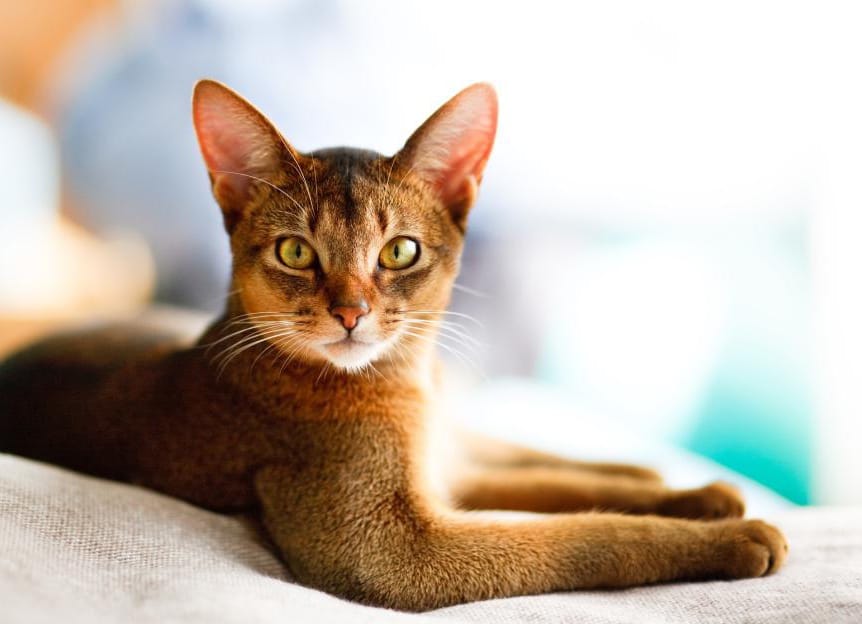
Physical Characteristics
Abyssinians are medium-sized, muscular cats with graceful, athletic builds. Their most distinctive feature is their ticked tabby coat, where each hair has multiple bands of color, creating a warm, shimmering effect.
Common coat colors include ruddy, red, blue, and fawn. They have almond-shaped eyes that range from gold to green, large pointed ears, and long, slender legs that highlight their agility.
Temperament and Personality
Abyssinians are affectionate, curious, and highly intelligent. They love to climb, jump, and explore, making them excellent companions for active families. These cats thrive on interaction and prefer to be involved in everything their owners do.
Unlike lap cats, Abyssinians show affection by staying nearby, following their humans, and engaging in play. They are social, friendly with other pets, and bond deeply with their families.
Choosing the Right Abyssinian Kitten
When choosing an Abyssinian kitten, look for a reputable breeder who prioritizes health and temperament. Ethical breeders ensure kittens are well-socialized and screened for hereditary issues like kidney disease and eye problems.
Healthy kittens should have bright eyes, sleek coats, and playful, curious personalities.
For more advice, check out our guide on Choosing the Perfect Kitten: Expert Tips for a Happy Pet.
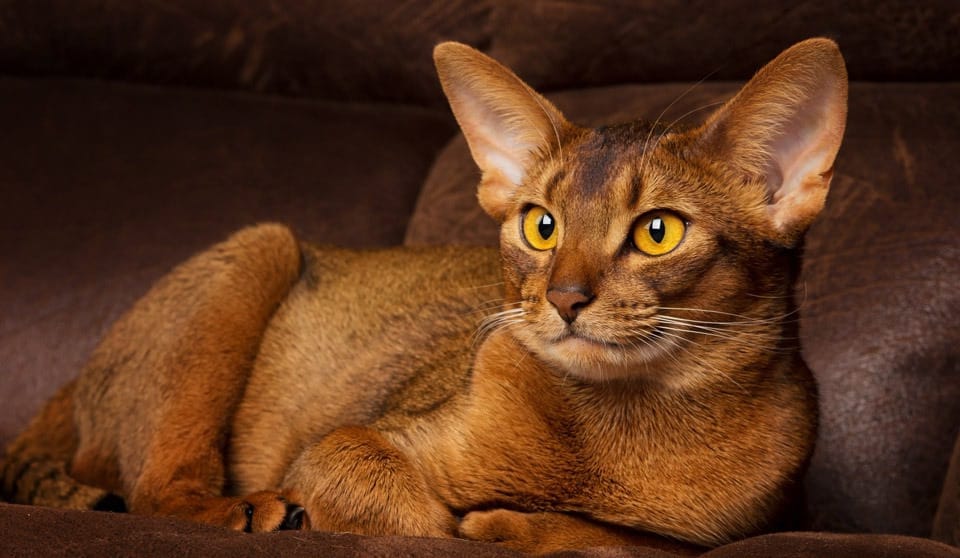
Intelligence and Training
Abyssinians are one of the smartest cat breeds, capable of learning tricks, commands, and even playing fetch. They enjoy puzzle feeders, climbing challenges, and interactive toys that test their problem-solving skills.
Positive reinforcement training, like clicker training with treats, works exceptionally well with this intelligent breed.
Exercise and Energy Levels
Abyssinians are highly active and require daily exercise to stay happy and healthy. They thrive in homes with climbing trees, cat towers, and interactive toys. Without stimulation, they may become bored or mischievous.
Engage them in play with feather wands, tunnels, or laser toys to keep their minds and bodies active.
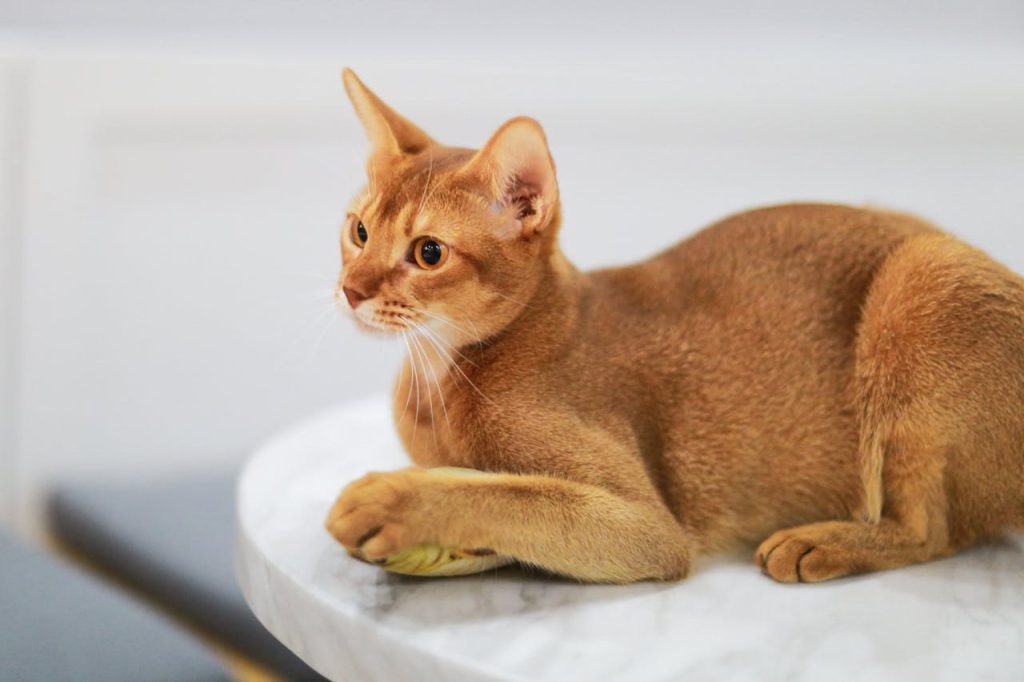
Diet and Nutrition
A nutritious diet is key to maintaining the Abyssinian’s lean, muscular body and high energy levels.
Healthy foods for Abyssinians include:
- High-quality wet or dry cat food with real meat as the main ingredient
- Lean cooked meats like chicken, turkey, or fish
- Small portions of vegetables such as pumpkin or carrots
- Occasional eggs for extra protein
Unhealthy foods to avoid:
- Chocolate, caffeine, or alcohol
- Onions, garlic, and chives
- Dairy products (many Abyssinians are lactose intolerant)
- Raw fish or undercooked meat
- Grapes and raisins
- Processed foods are high in salt, fat, or sugar
Always provide fresh water to support hydration and kidney health.
Health and Lifespan
Abyssinians are generally healthy but may be prone to some hereditary conditions, including:
- Progressive Retinal Atrophy (PRA): an eye disorder that can cause vision loss
- Patellar Luxation: knee joint issues affecting mobility
- Renal Amyloidosis: a kidney disease seen in some lines
- Dental problems requiring regular cleaning
With proper care, Abyssinians typically live between 12 to 16 years.
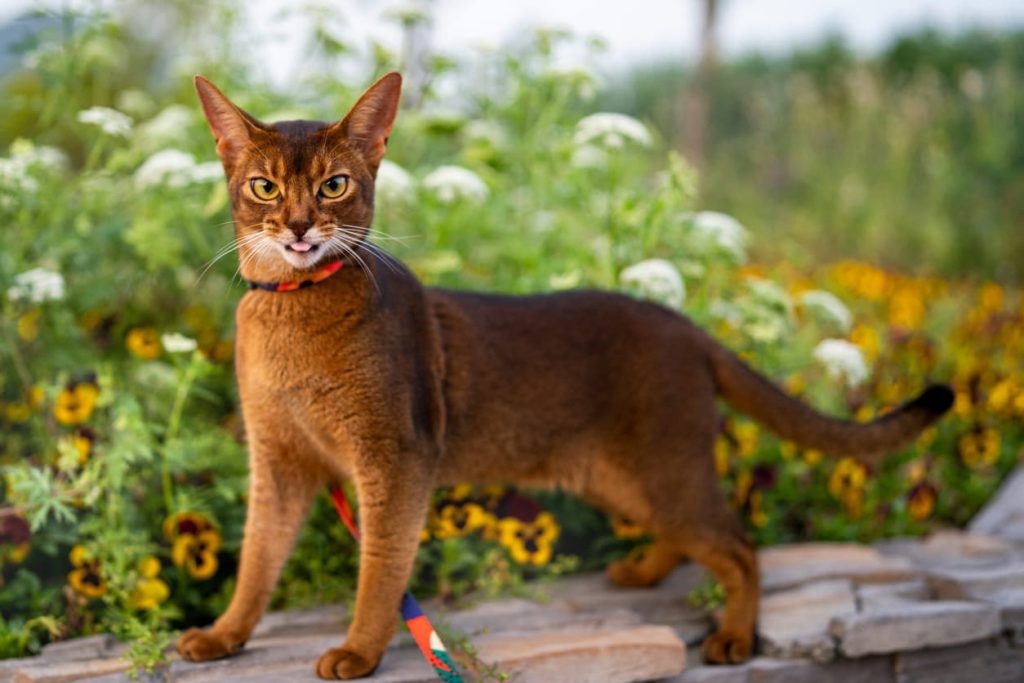
Grooming and Coat Care
Abyssinians have short, fine coats that require minimal grooming. Weekly brushing is usually enough to remove loose hairs and maintain their sleek shine.
Routine care should also include nail trimming, ear cleaning, and regular dental care to prevent tartar buildup.
Fun Facts About Abyssinians
- Often called “Aby-grabbys” because they love to grab objects with their paws.
- Considered one of the oldest domestic cat breeds.
- Their ticked coats resemble wild cats like cougars or pumas.
- Abyssinians are natural climbers and love high perches.
- They often bond closely with one person while still being social with everyone.
Challenges of Owning an Abyssinian
- Their high energy can overwhelm first-time cat owners.
- They require constant stimulation and can become destructive when bored.
- They may not enjoy long periods of solitude and thrive best with the companionship of others.
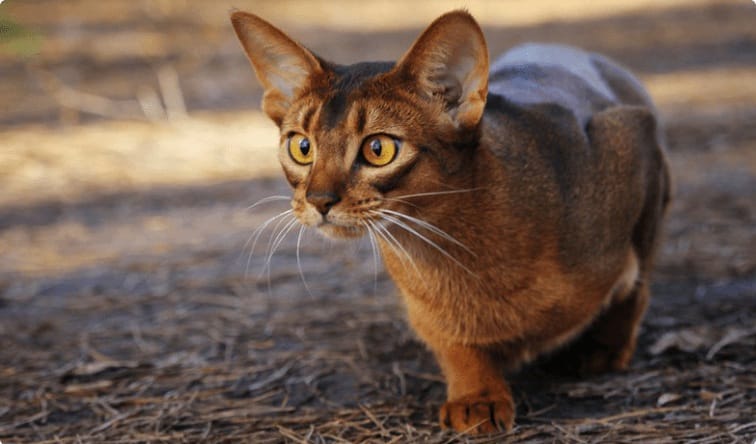
Tips for Abyssinian Owners
- Provide plenty of vertical spaces, like cat trees and shelves.
- Use puzzle feeders and interactive toys for mental stimulation.
- Schedule regular veterinary check-ups for preventative care.
- Offer a protein-rich diet to support their activity levels.
- Spend daily playtime to strengthen your bond.
Breeding and Reproduction
Responsible Abyssinian breeding involves genetic testing to reduce hereditary health risks. Ethical breeders carefully select pairs to maintain the breed’s strong characteristics and health.
For pet owners, spaying or neutering is recommended to avoid unwanted litters and improve long-term health.
Learn More About Another Cat Breed
Interested in exploring other fascinating cats? Check out our detailed guides:
- Domestic Shorthair Cats: The Perfect Pet for Every Home
- Why Persian Cats Are the Epitome of Elegance and Affection
- Maine Coon Cats: The Majestic Giants of the Feline World
- Ragdoll Cats: The Ultimate Guide to This Gentle Breed
- Bengal Cats as Pets: Are They Right for You?
- Sphynx Cats Personality: Why These Hairless Cats Are So Affectionate
- British Shorthair: The Ultimate Guide to This Charming Cat Breed
- Siamese Cats Care Guide: Diet, Grooming & Health Tips
- Scottish Fold Cats: Care Guide, Personality, Health & Breed Facts
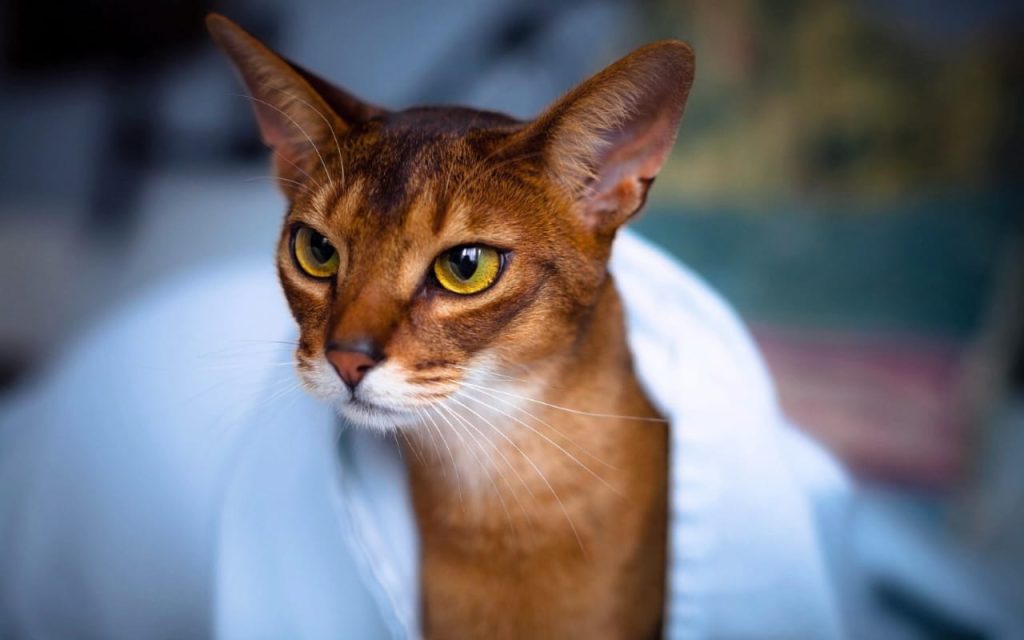
Final Thoughts on Abyssinian Cats
Abyssinian cats are elegant, active, and endlessly curious companions. Their playful energy, loyalty, and affectionate nature make them ideal pets for families and individuals who can keep up with their adventurous spirit.
If you’re looking for a lively feline that will keep you entertained and engaged every day, the Abyssinian cat is a perfect choice!
FAQs
1. Are Abyssinian cats friendly?
Yes, Abyssinians are affectionate and social, though they often show love by playing and interacting rather than cuddling.
2. Do Abyssinians shed a lot?
No, they have short coats and shed minimally, making grooming easy.
3. How long do Abyssinian cats live?
With proper care, they typically live 12–16 years, although some individuals may live longer.
4. Are Abyssinians good with children?
Yes, their playful and curious personalities make them great companions for kids.
5. Are Abyssinians expensive?
They can be, especially from reputable breeders. Prices vary depending on lineage, coat color, and breeder reputation.

